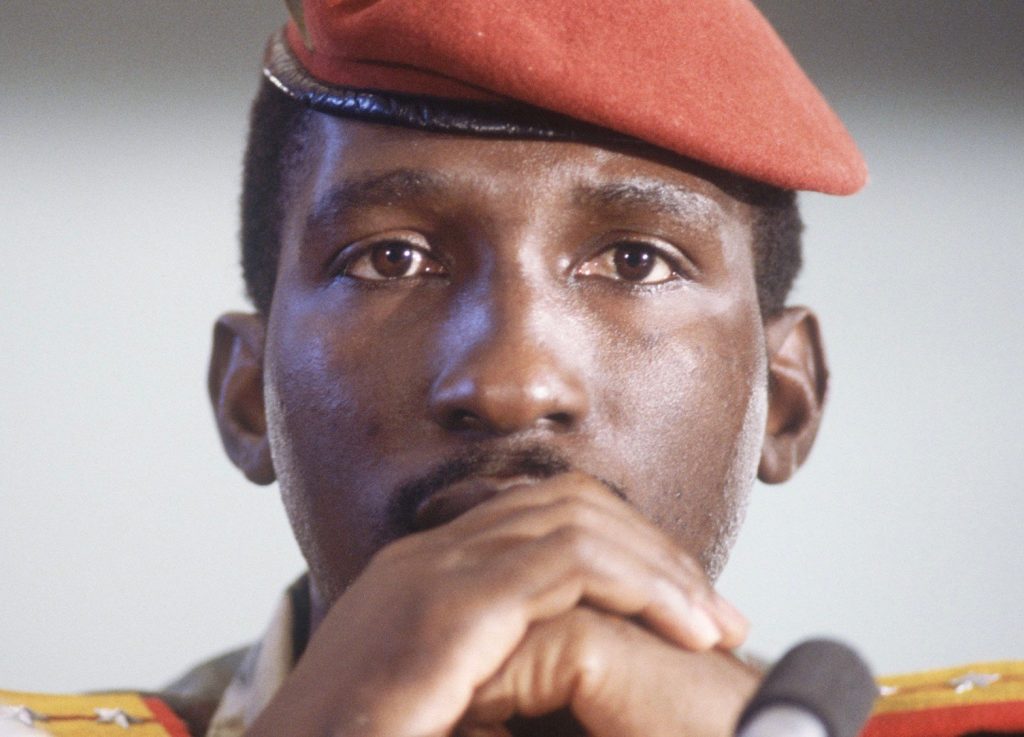Thomas Sankara Boulevard
Plus the great novelist Sarah Ladipo Manyika has put together a list of the best books of the Mugabe years.

Thomas Sankara.
First up: There is outrage all over the continent and in the diaspora in reaction to the CNN’s reporting on Libya’s slave trade. But this level of racism in Libya and the Maghreb is old news. Libya is only one stop on a treacherous journey that finds thousands of migrants without power over their own lives. Meanwhile, Blackwater is pitching itself to the European Union for an Afghanistan-style private police to patrol Libya’s southern border.
(2) The African Union hasn’t looked good in any of this, particularly in the last two weeks. From its lack of awareness and measured action concerning the dangers of the migrant route to its dilemma over what to do during in the non-coup coup in Zimbabwe. An old piece about the African Union’s role in Libya is a helpful read. How did we get here?
(3) All eyes are on Musevini in Uganda, who most have been watching the unfolding events in Zimbabwe perhaps more closely than usual. Last week he decided to decorate a number of Army officers out of the blue.
(4) There is, rightly, so much comment and reflection on the ongoing upheavals in Zimbabwe. Here are a couple we thought you shouldn’t miss:
Pettina Gappah’s essay on growing up in the early years of Mugabe’s rule.
A summary of Mugabe’s exit package (Arsenal fans will do well to take note)
A list of cultural mainstays that are as old as Mugabe’s presidency
If you looking to go down a more literary route to learn more about Zimbabwe in general, the great novelist Sarah Ladipo Manyika has put together a list of the best books of the Mugabe years.
(5) The Nigerian government is planning on turning the home of Yusuf Mohammed, founder of Boko Haram, into a museum. Critics point out that rather than serving the intended purpose of reminding posterity of this scourge, it might serve to immortalize him.
(7) Youth in Burkina Faso changed Charles DeGaule Avenue to Thomas Sankara Avenue, after the murdered president, on the day the French President Macron delivered his “Africa” speech in Ouagadougou. There was little new Macron said on his visit, outside of a promise to declassify the documents related to the assassination of President Sankara. Oumar Ba directs our attention not to the speech, but to the nature of the students interaction with Macron as the real insight to be gleaned from this visit contrasting African leaders’ relation to their citizens and former colonial leaders.
(8) The journalism educator Frankie Edozien comments on the agony and joy of being a gay African compares progress as well as obstacles remaining from our highest institutions on the continent to local communities.



















